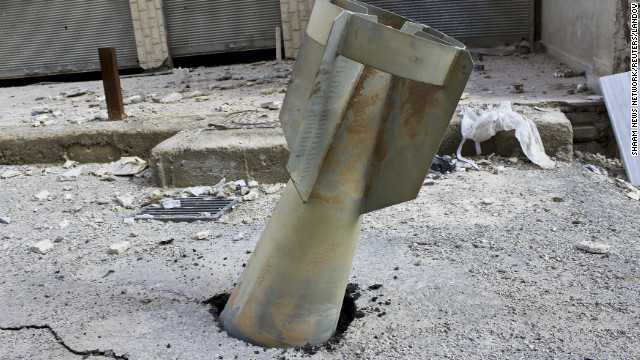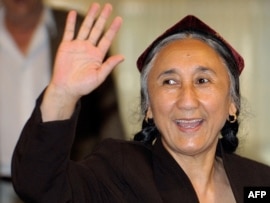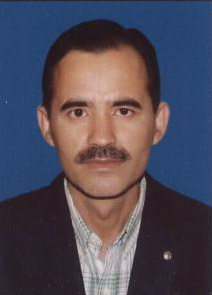A bomb attack killed seven people and wounded 14 Thursday in China’s far west region of Xinjiang, an area beset by ethnic conflict and separatist violence.
The target of the attack wasn’t known, although an overseas activist for the region’s native Uighur ethnic group said the victims included members of the security forces.
The blast went off after a man drove a three-wheeled vehicle laden with explosives into a crowd of people in a suburb in Aksu city in southwestern Xinjiang, said Hou Hanmin, a spokeswoman for the Xinjiang government.
“Police say it was an intentional act because the suspect was carrying explosive devices,” Hou told a hastily arranged news conference in the regional capital of Urumqi, about 400 miles from Aksu.
She said the suspect, who was injured, was captured immediately.
Some of the wounded were in serious condition. “The casualties are innocent civilians of different ethnic minority backgrounds,” she said.
Xinjiang has been the site of ethnic conflict in recent years, including riots last summer when long-standing tensions between the Turkic Muslim Uighurs and China’s majority Han flared into open violence in Urumqi. The government said 197 people were killed, while hundreds of people were arrested and about two dozen sentenced to death. Many other Uighurs remain unaccounted for and are believed to be in custody.
While the riots marked China’s worst ethnic violence in decades, Xinjiang has seen a series of bombings and other violence, including attacks on security forces around the time of the Beijing Olympics in 2008. The government also says it has broken up several groups intent on carrying out attacks, including a bomb-making operation near Aksu in 2009 and a gang last month that it said was linked to the East Turkestan Islamic Movement, a banned militant organization advocating independence for Xinjiang.
Anti-government sentiments among Uighurs are fed by the ruling Communist Party’s heavy-handed controls over their language, culture and Islamic faith, along with resentment of Chinese migrants and a perception that they are being favored economically to the detriment of Xinjiang’s native population.
The government claims attacks are often planned by exile Uighurs overseas, including across the border in Central Asia or Pakistan.
The target of Thursday’s attack remained unclear and it wasn’t known whether it was motivated by separatist or extremist views. Homemade bombs are used throughout China to seek revenge over personal or property disputes, and the country this year has seen a series of gory rampage attacks by people using knives, guns and construction equipment.
In contrast, past separatist attacks in Xinjiang have almost always been aimed clearly at government targets or other symbols of Han Chinese influence.
Germany-based Uighur activist Dilxat Raxit said security forces were the apparent target, with reports saying victims included one policeman and 14 members of a uniformed auxiliary force charged with monitoring the Uighur population. He declined to give the source of the information other than to say it was highly reliable.
Xinjiang Governor Nur Bekri, speaking at a news conference Thursday before the explosion was reported, said the government was battling separatist forces in Xinjiang.
“I believe we face a long and fierce and very complicated struggle. Separatism in Xinjiang has a very long history, it was there in the past, it is still here now and it will continue in the future,” Nur said.
Raxit said the authorities’ security crackdown may be encouraging further violence.
“Since last year’s riots, we have seen … systematic oppression and provocation,” said Raxit, whose World Uyghur Congress officially opposes violence.




 Rebiya Kadeer, president of the World Uyghur Congress
Rebiya Kadeer, president of the World Uyghur Congress
